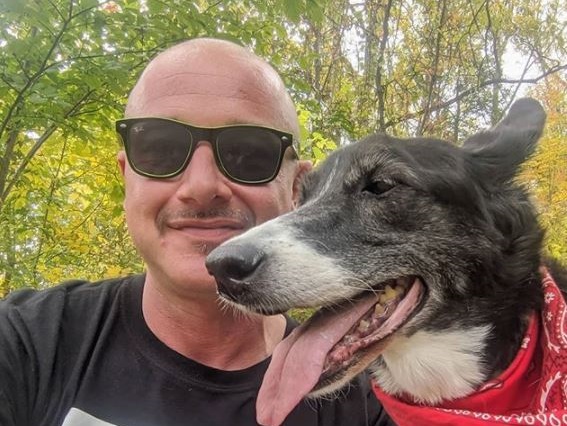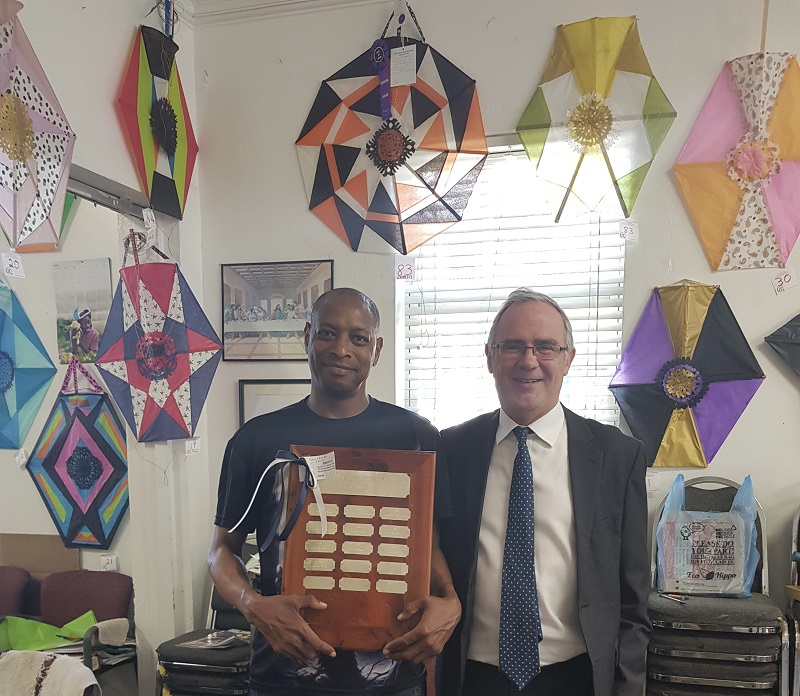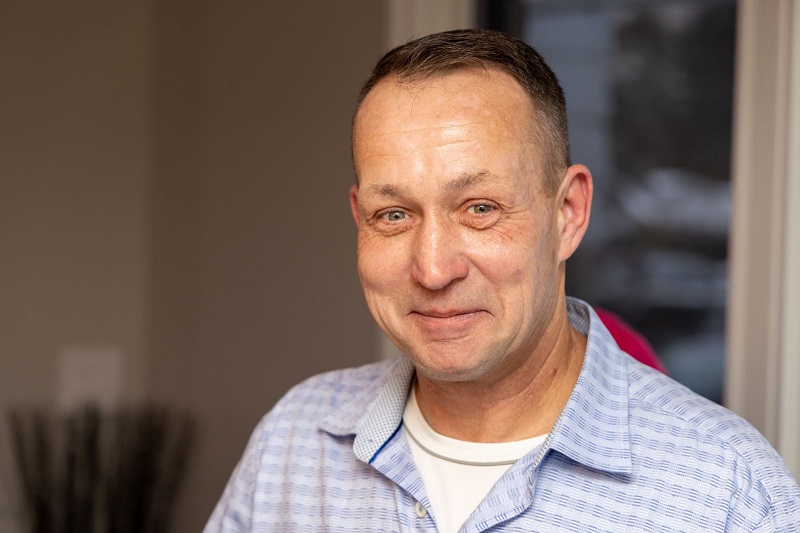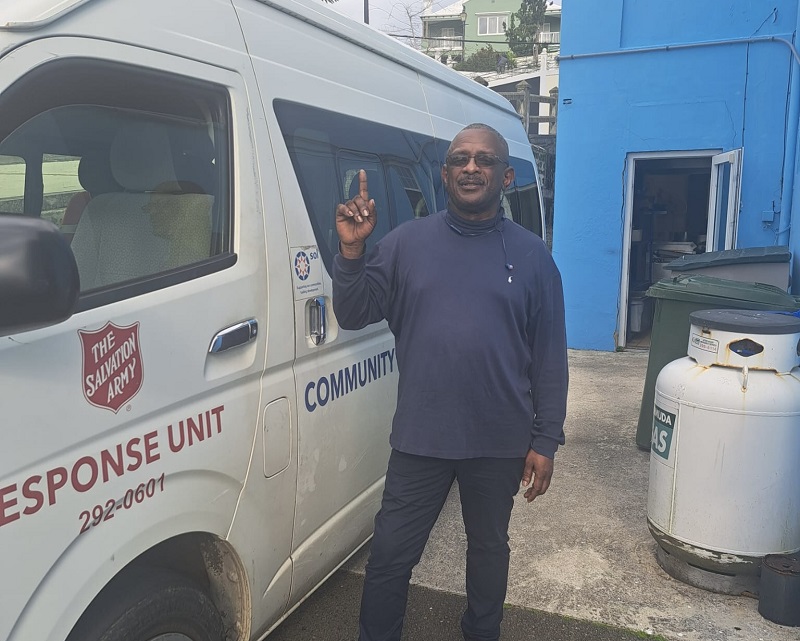Ryan’s Recovery from Addiction

Nearly 21% of Canadians will experience addiction at some point in their lives (Canadian Mental Health Association). There is a chance that you know someone who has fought, or is currently fighting, with substance use disorders.
Three years ago, Ryan’s life was in constant chaos. He struggled with drugs, gambling and alcohol addiction, depression and anxiety, which caused him to make poor decisions and strain his relationships with family and friends.
“I drank 18 cans of beer a day, along with cocaine,” says Ryan. “I continually lied and stole from my family, friends and co-workers.”
“My time at The Salvation Army was one of the most crucial months of my life”
Ryan missed serval days at work and spent a lot of time in police stations and emergency departments. He was alone, broken, terrified and homeless, sleeping in his car with his dog.
“I was always facing eviction and found it difficult to express what I was going through,” says Ryan. “It was a debilitating pattern of negative thoughts.”
Ryan turned to The Salvation Army’s Lighthouse Emergency Shelter in Oakville, Ont., where his case manager and CMHA counsellor helped him rebuild his life.
“They give you hope when you are at your lowest”
“My time at The Salvation Army was one of the most crucial months of my life,” Ryan recalls. “They helped me to focus on what I needed to do to get better.
“I had somewhere to sleep, made connections with fellow clients, food in my stomach and resources available to help me improve myself and my situation.”
Today, Ryan works as an Account Executive and Human Resources Consultant at home with his two pets. For his third anniversary of sobriety on August 6, he celebrated by giving back to the organization that changed his life. With the help of the staff of Athens Restaurant, he provided an authentic Greek dinner for residents of the emergency shelter.
“The Salvation Army helps save lives,” says Ryan. “They give you hope when you are at your lowest and provide a sense of community.”
By Sharifa Campbell-Hogg



